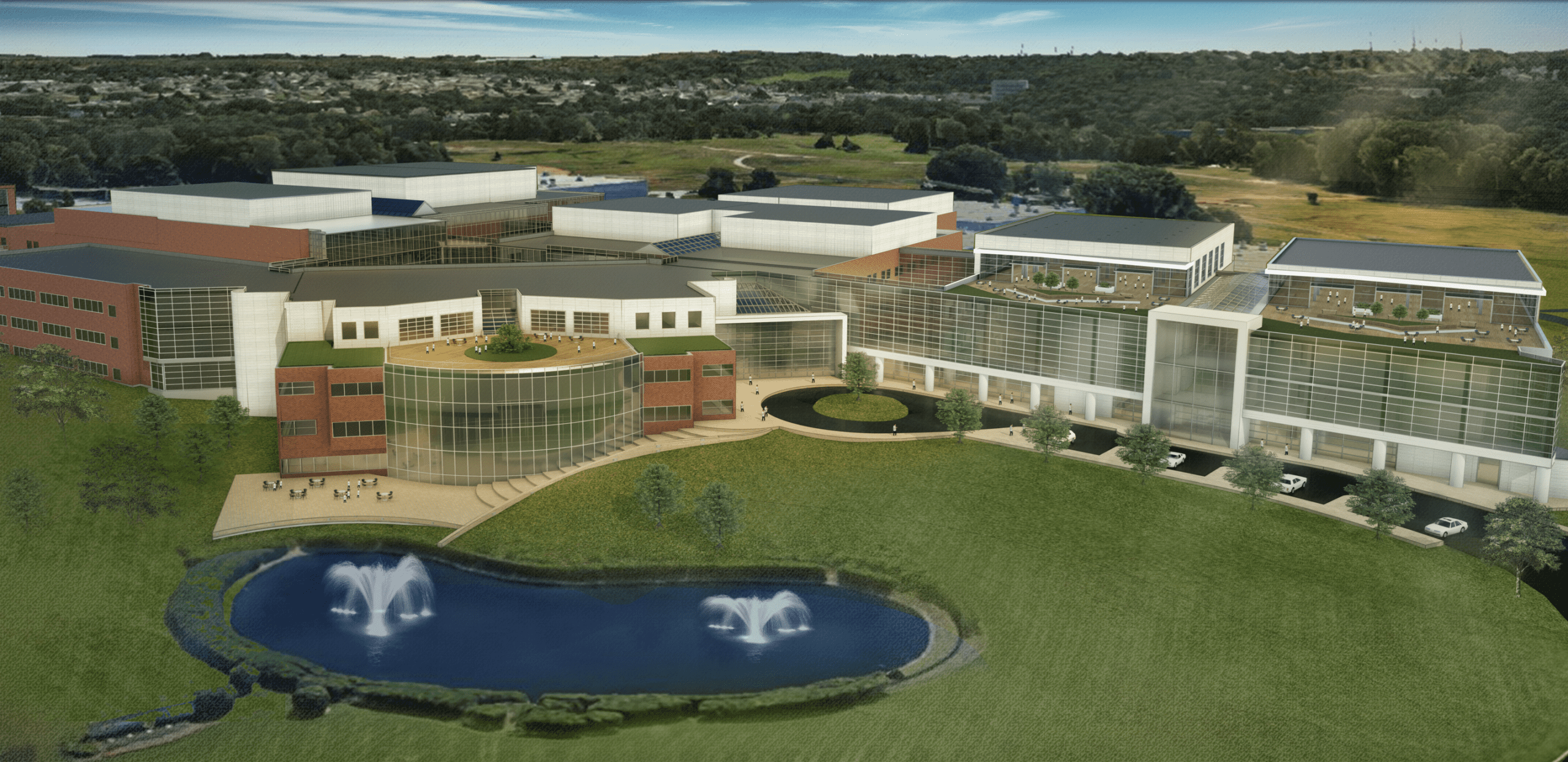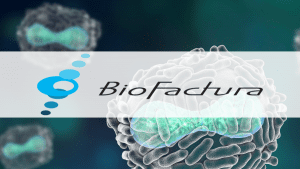
Why Philadelphia is Poised to Become a Top Cell and Gene Therapy Cluster
The Discovery Labs, The Center for Breakthrough Medicines, and many other companies are betting that Philadelphia is poised to become a world-leading Cell and Gene Therapy Cluster.
Audrey Greenberg, Co-Founder and Executive Director of The Discovery Labs in Philadelphia, touted the advantages for companies found in the ecosystem known as “Cellicon Valley“, and predicted the city could become one of the most important hubs for the biopharma industry in the world. The Discovery Labs’ 2.4 million square foot site in King of Prussia, PA provides all the necessary ingredients to accelerate speed to market for cell and gene therapy innovators. The Center for Breakthrough Medicines is a cell and gene therapy contract development and manufacturing organization (CDMO) for plasmid DNA, viral vectors, and cellular therapy products and is located on-site.
“Innovation thrives in Cellicon Valley with world-class research institutions, an abundance of life science talent, an incredible transportation infrastructure including cold chain supply, 12 million square feet of lab space, world-class hospital systems, and the number one funded NIH location in the country for cell and gene therapy,” Greenberg told BioBuzz.
Among the innovators in cell and gene therapy is the University of Pennsylvania’s iconic scientific leaders such as Dr. Carl June and Dr. Jim Wilson. Greenberg said they have never strayed from their passion for advancing research in this area. Other innovators in the field can be found among the ranks of thought leaders who can be found at the University of Pennsylvania, Children’s Hospital of Philadelphia, Jefferson Health, and the 30 cell and gene therapy companies located in Philadelphia. There is also a significant big pharma presence with a talent base that has a legacy of pharmaceutical manufacturing expertise from GlaxoSmithKline, Bristol Myers Squibb, Merck, Sanofi, and Johnson & Johnson, among others.
In addition to its reputation for delivering cell and gene therapy innovation, there are other key elements that will contribute to Philly’s rise in the life science hub rankings. First, Greenberg pointed to the available talent pool in the greater Philadelphia region. She said there are more than 70,000 life sciences employees and nearly 10,000 with specific expertise in cell and gene therapy. The region’s rich concentration of colleges and universities also churn out new next-generation talent annually.
Greater Philadelphia continues to attract its share of private capital, much of which can be expected to flow into cell and gene therapy R&D. The Philadelphia region’s life sciences industry saw a record number of initial public stock offerings in 2020 with six companies rolling out IPOs totaling nearly $70 million.
Another advantage the city of Philadelphia has is its critical access to an international airport with cold chain storage that is critical for autologous cell therapies, as well as other advanced therapeutics and vaccines, Greenberg said. Greenberg’s remarks echo those made by her and other key industry leaders from the City of Brotherly Love in December during the Dec. 10 MedCity INVEST Precision Medicine conference. Greenberg, along with Lisa Dalton, Chief People Officer of Spark Therapeutics, and Tiffany Wilson, President and Chief
Executive Officer of University City Science Center highlighted the city’s advantages in life sciences — advantages that have helped the city claw its way up multiple lists of the biopharma clusters in the nation over the past several years. In October, Philadelphia was ranked seventh out of 10 in the U.S. biopharma clusters list compiled by Genetic Engineering and Biotechnology News. In the overall rankings, the greater Philadelphia area took sixth in venture capital funding, secured the seventh-place spot in jobs and lab space, and eighth place in funding from the National Institutes of Health.
“The confluence of several macroeconomic factors is driving simultaneous and unprecedented demand for lab space, manufacturing capacity, and CDMO services, particularly in advanced therapies. The Philadelphia life science and biomedical ecosystem is ideally positioned to satisfy this market need and The Discovery Labs services accelerate speed to market by offering ready-to-go life sciences real estate, manufacturing capacity, and pharma services,” Greenberg said.
Discovery Labs is an ecosystem accelerating the path to commercialization for cell and gene therapy companies by providing GMP manufacturing, R&D laboratory, office, and warehouse space as well as CDMO services through its Center for Breakthrough Medicines, all located in the heart of Cellicon Valley.
While Philadelphia is poised to become a world-leading biopharma hub, there are a few hurdles that must be overcome, Greenberg said. The biggest problem currently facing biopharma companies is access to development and manufacturing capacity. Currently, the manufacturing demand for cell and gene therapy companies is outstripping supply five to one. Over the next five years this manufacturing shortfall will increase 50-fold, she said, laying the blame on the price and lead times associated with securing real estate that can accommodate life science needs as well as the talent, know-how, equipment, and consumables necessary to run GMP processes.
Not only does Philadelphia need small-scale manufacturing, Greenberg said without more large-scale/commercial grade manufacturing, “catastrophic success” could be on the horizon. She said Philadelphia needs to provide a continuum of services and offerings to support homegrown success stories such as Spark Therapeutics.
For companies born in Philadelphia to stay in Philadelphia, The Discovery Labs is bringing over 2.5 million square feet of lab and manufacturing capacity as well as over 700,000 square feet of cell and gene therapy CDMO suites online along with support space and services including development, manufacturing, testing, and analytics to accommodate the area and the exponential global demand.
In addition to all the aforementioned elements, one of the most important reasons that Philly is poised to dominate this emerging field is the strength of the local biotech community. There is real collaboration taking place across the greater Philadelphia region that has formed an innovation ecosystem that is codified around a singular goal – to lead the world in curing diseases through cell and gene therapies and bleeding-edge medicines. Greenberg mentions that CBM is hiring and interested candidates can visit their website to learn more.
About the Center for Breakthrough Medicines
The Center for Breakthrough Medicines is an innovative cell and gene therapy-focused contract development and manufacturing organization located in the heart of Cellicon Valley. CBM’s integrated and comprehensive service offering provides a one-source solution to accelerate speed to market for advanced therapies. A client-driven approach coupled with a patient-centric culture delivers high-quality and reliable process and analytical development, viral vector manufacturing, GMP testing, cell therapy bioprocessing, plasmid production, and cell banking services for a full product’s life cycle.





